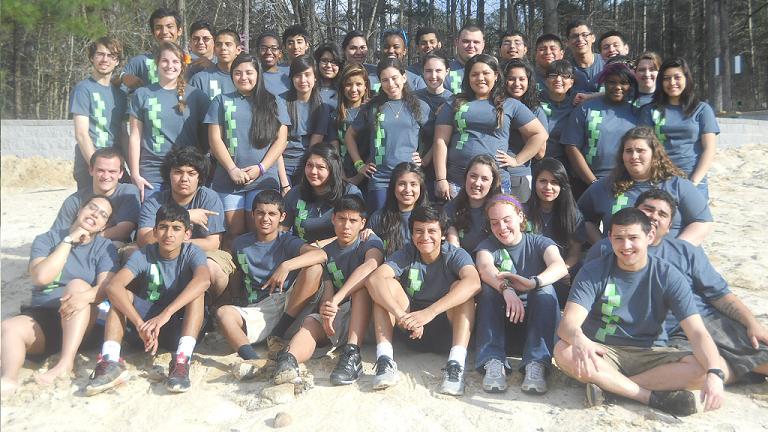October 2, 2011 ~ Liturgical Year A, Cycle I ~ Twenty-Seventh Sunday of Ordinary Time
First Reading: Isaiah 5:1-7
Responsorial Psalm: Psalm 80:9, 12, 13-14, 15-16, 19-20
Second Reading: Philippians 4:6-9
Gospel: Matthew 21:33-43
These readings can be viewed at http://www.usccb.org/bible/readings/100211.cfm.
Reflection Questions
1. What do you think motivated the tenants to kill the servants and the landowner’s son? Do you think the landowner overreacted by wanting to put the tenants to death? What point was Jesus trying to make with this part of the parable?
2. How do you think the chief priests and elders reacted to Jesus’ saying, ‘the kingdom of God will be taken away from you and given to a people that will produce its fruit’? Describe. How well are we, as Catholics (including lay people), producing the ‘fruit’ of the Gospel? Describe.
3. Have you ever thought of a vocation to the priesthood or religious life as a brother or sister? Describe. Given this passage, how can priests, religious (brothers and sisters) and lay people be supported in their call to serve the Body of Christ?
Gospel Reflection
Have you ever felt like you’ve been taking the Catholic Faith for granted? If you answered ‘yes’, it’s time to rethink your answer. This Sunday’s Gospel passage continues the same theme as last week’s reading, with Jesus’ continual disapproval of the religious leaders of His day. (Note to self: Be careful if you’re thinking of going into the priesthood, religious life or becoming a catechist. You’re expectations will be higher.) Again, Jesus questions them with another parable about a landowner. In this parable, God is the landowner with a vineyard. The landowner has leased the vineyard to tenants. These tenants represent the religious leaders of Jesus’ day. The landowner has gone off on a journey, representing the fact that God allows the religious leaders to make decisions on earth in His absence. God does not control their actions and decisions, but gives them real authority to act in His name. God has entrusted the religious leaders with the mission of bringing the people closer to Him. That the landowner is on a journey does not mean that God has abandoned us, that He doesn’t care about us. The landowner expects the tenants to work on his behalf, just as God expects the religious leaders to carry out what He wants. This, however, is not what happens in the parable. The tenants kill the landowner’s servants and his son, just as the religious leaders of Israel killed the prophets and, ultimately, Jesus. Once the landowner returns, he will put the old tenants to death, and will give his vineyard over to new tenants. In a similar way, the religious leaders of Jesus’ time were stripped of their authority, which was given to the Apostles and the Catholic Church. This parable shows Jesus’ passion, a life and death passion, that He has about being a religious leader. He’s not against religious leaders, but He has big expectations of those who stand up to speak and teach on His behalf. Most importantly, He wants to protect the ‘common person’ so that they understand just how much God loves them. Jesus will do anything to make sure this message does not get distorted. Jesus’ high standard of leadership did not just apply to the Jewish leaders of the First Century: It applies even more to today’s leaders in the Church who have been given ‘the keys to the Kingdom’, who have been given authority in the Church. The Catholic Church is God’s instrument of salvation in the world, and Jesus has vowed not to let hell overtake it. He is protecting it with His life. Let us make it a point, then to pray for the religious leaders of our Church, including priests, religious (brothers and sisters) and lay people: May God grant them the ability to stay 100% focused on their holiness, never compromising it or the message of God’s love for His people.
reflection and questions resource from ymcentral.com

No comments:
Post a Comment